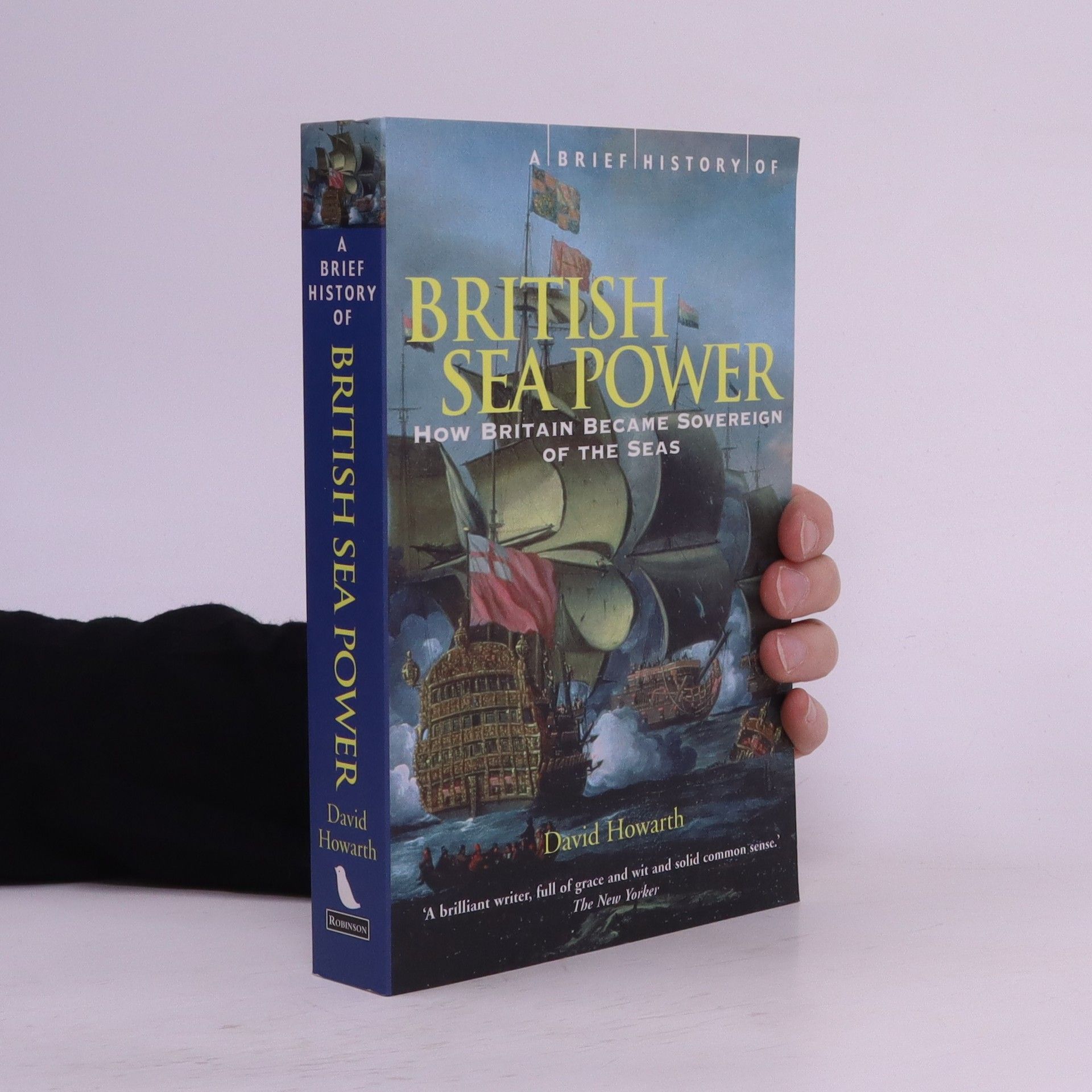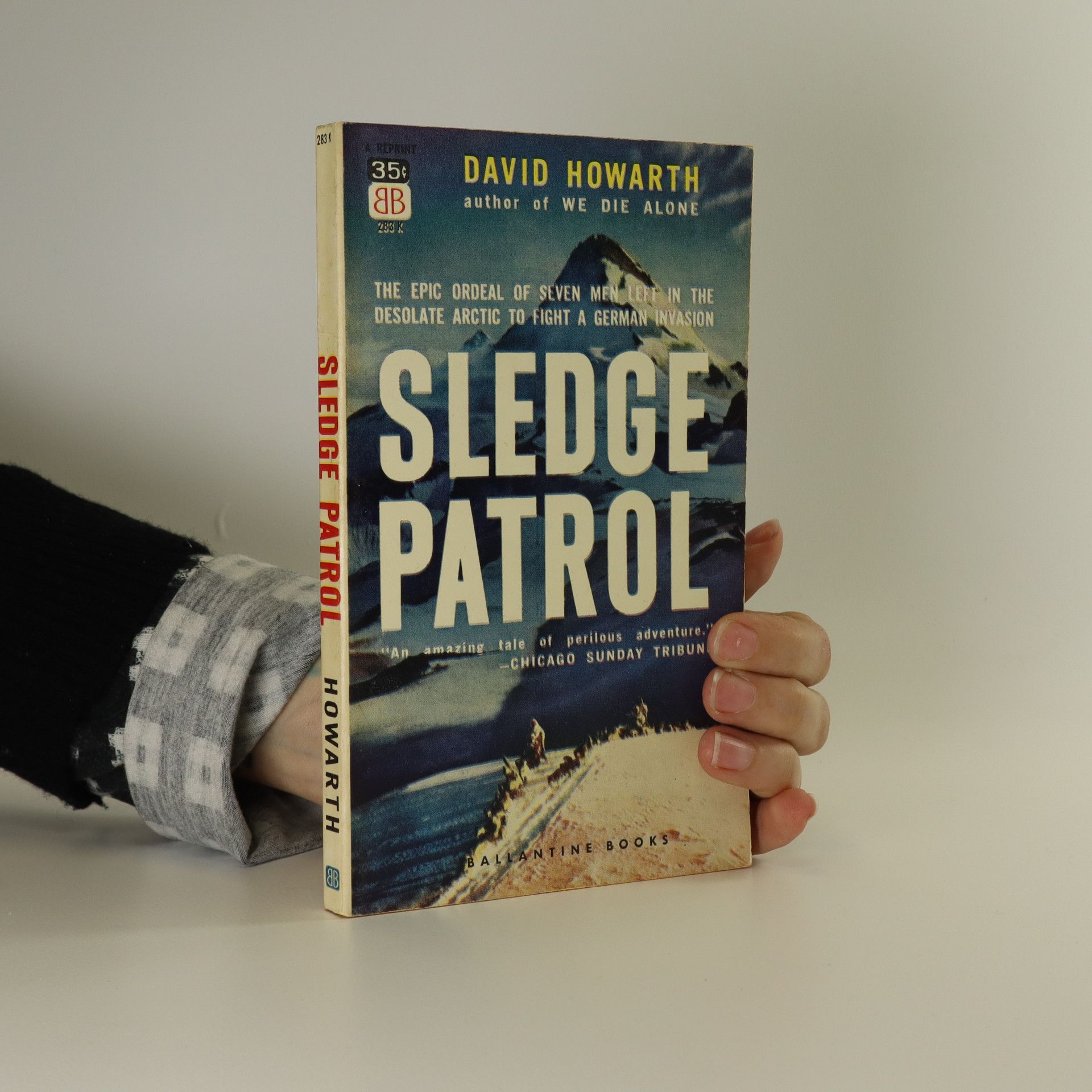A WWII Epic of Escape, Survival and Adventure The occupation of Western Europe and Scandinavia in the spring of 1940 crippled Britain's ability to gather intelligence information. After the Germans invaded Norway, many Norwegians knew that small boats were constantly sailing from the Shetland Islands to land weapons, supplies, and agents and to rescue refugees. In The Shetland Bus, David Howarth, who was second in command of the Shetland base, recounts the hundreds of trips made by fishing boats in the dark of Arctic winter to resist the Nazi onslaught. For the Norwegians who remained in Norway, The Shetland Bus fortified them both physically and spiritually. Nothing but war would have made seamen attempt such dangerous journeys. Some stretched two thousand miles in length and lasted as long as three weeks in boats only fifty to seventy-five feet long. Fishing boats crossing the North Sea were sometimes attacked and sunk in minutes, hundreds of miles from a friendly ship or shore. Their crews had no hope of being saved. But to "take the Shetland Bus" meant escape when capture became the only other option. The Shetland Bus is the amazing true-life account of storms, attacks, danger, and the heroic efforts of brave men.
David Armine Howarth Books
David Armine Howarth was a British historian and author whose works are informed by his extensive practical knowledge of ships and the sea. Following wartime service that included involvement in operations like the Shetland Bus, he channeled his experiences into crafting compelling historical narratives. His writing is characterized by a deep understanding of maritime themes and a spirit of adventurous storytelling. Through his books, he brings not only history but also the human stories within it to life for readers.







Waterloo - A Near Run Thing
- 192 pages
- 7 hours of reading
'Vivid, violent, almost impossible to put down unfinished, this is a particularly welcome reprint of a masterpiece' The Good Book Guide
Waterloo
- 32 pages
- 2 hours of reading
See below for more languages available in this title The Battle of Waterloo was one of the great British victories. This guide to the battlefield was written by one of the greatest experts on the Battle. This fascinating guide takes you around the battlefield, with descriptions of the piont of the battle fought there; it describes the situation before and after the battle; it looks at the weaponry - all supported by a detailed battle plan. Look out for more Pitkin Guides on the very best of British and European history, heritage and travel. French German Flemish Spanish Italian
A Brief History of British Sea Power
- 384 pages
- 14 hours of reading
The British did not take to water like ducks, for centuries doing little but cling to coastal waters. The Romans and Vikings knocked spots of us as seamen, and the English upper classes saw seafaring as mercantile and beneath them. Britain's success at sea began with Elizabeth I and the defeat of the Armada, thanks to superior gunnery and seamanship. Elizabeth employed practical seamen like Hawkins and Drake - and they repaid her trust. Howarth reconstructs the expansion of trade routes and the great 18th - century days of the line of battle ships. With Napoleon's fall, the British were free to expand, and their prestige rose so high that sea warfare almost ceased as British ships patrolled the oceans. In the 20th century, the British navy was twice as big as any other. Full of anecdote, erudition and humour, this is a classic account.
The unlikely beginnings of the East India Company—from Tudor origins and rivalry with the superior Dutch—to laying the groundwork for future British expansion
Set against the backdrop of a harsh Saskatchewan winter, the narrative unfolds in a village beset by relentless winds and halted farming activities. Amidst this turmoil, threshermen gather in a smoky pool room, where tensions rise and challenges are issued. The protagonist, Ned Pullar, remains stoic and composed, contrasting with the boisterous atmosphere around him. The story captures the grit of rural life and the dynamics of male camaraderie and rivalry in a time of hardship.
Focusing on firsthand accounts, David Howarth's narrative captures the dramatic events of June 6, 1944, during the D-Day invasion. By incorporating testimonies from American paratroopers, British engineers, French civilians, and German soldiers, the book vividly portrays the chaos, fear, and valor experienced on that historic day. It explores not only key incidents but also the diverse emotions and experiences of those involved, offering a comprehensive view of the greatest amphibious landing in history.
The Story of P&O
The Peninsular & Oriental Steam Navigation Company - Revised Edition
- 240 pages
- 9 hours of reading
For more than 150 years P&O has been one of the world's greatest shipping lines. Beginning with the mail contract to Gibraltar, P&O quickly became the British way to travel the world. The first shipping company to offer cruises, more than 100 years later cruising on P&O's famous white ships remains an important part of the company's activities, although it is now an internationally based group with many wide-ranging interests. This is the history of the company and its operations.
Chronicles of the Renaissance
- 240 pages
- 9 hours of reading
A fascinating history of the Renaissance from its origins in Italy to its spread through Europe and Beyond. Over 250 illustrations depicting topics and places of key interest. 42 expertly drawn maps.

